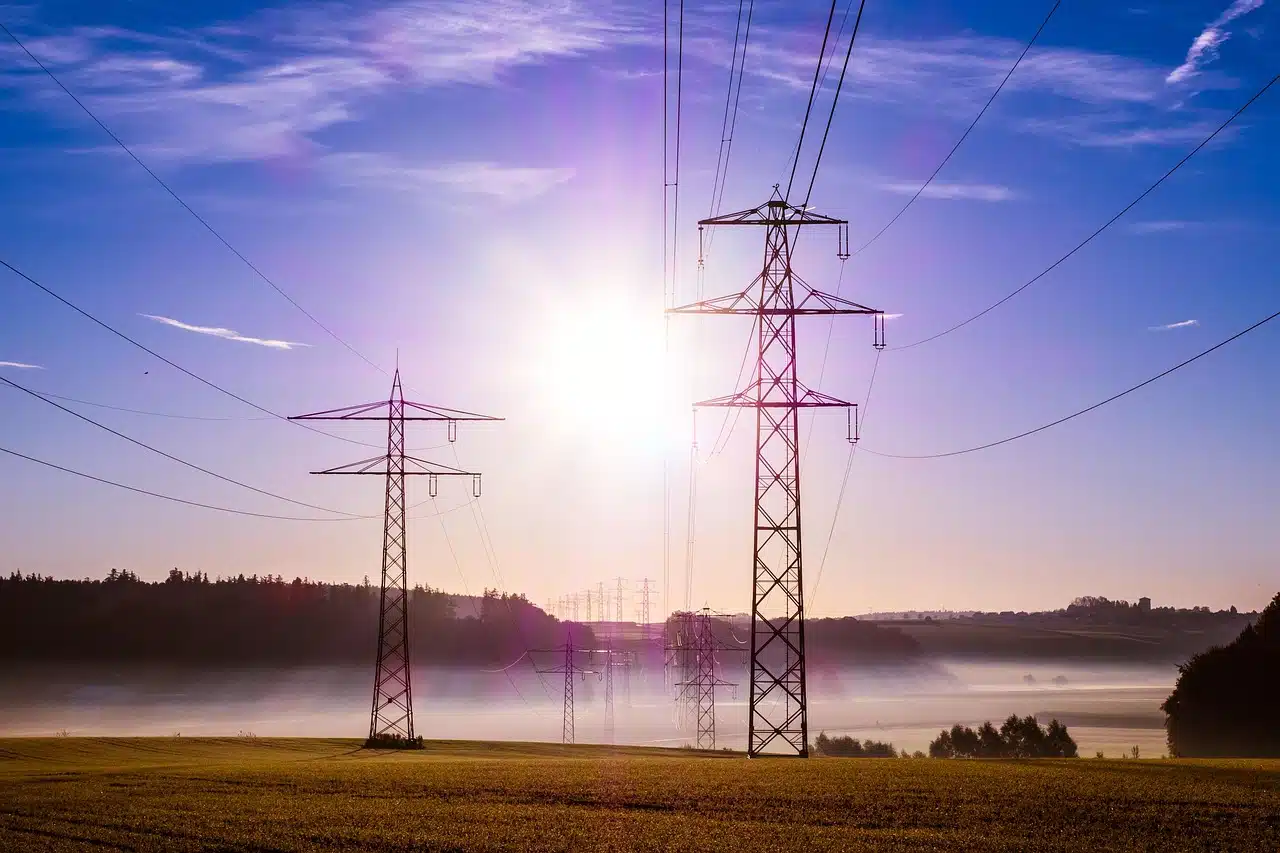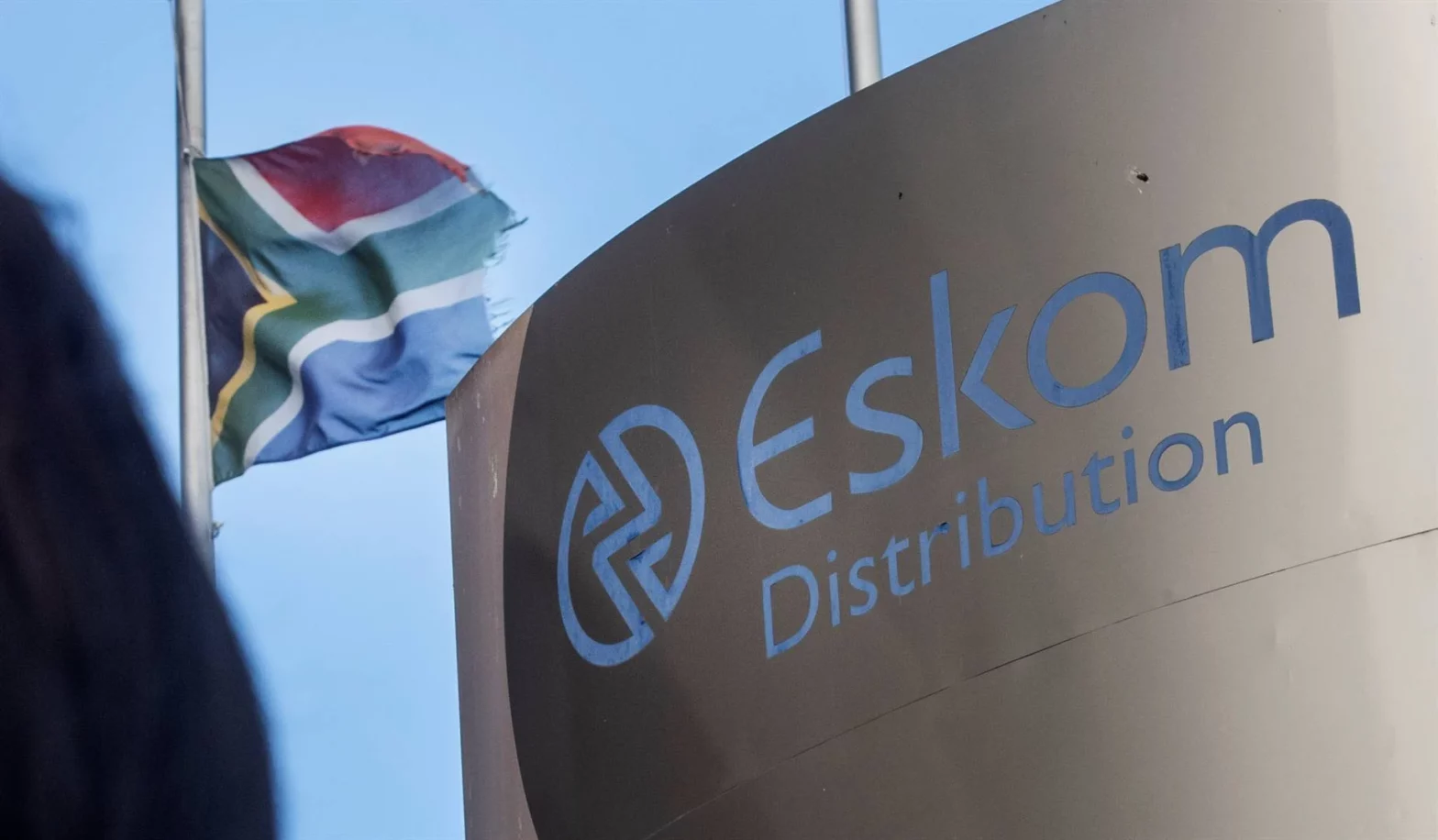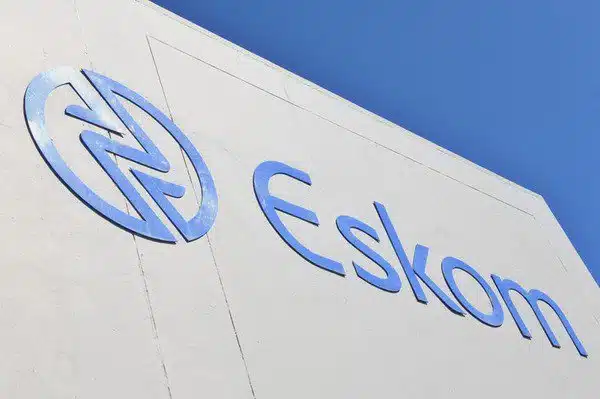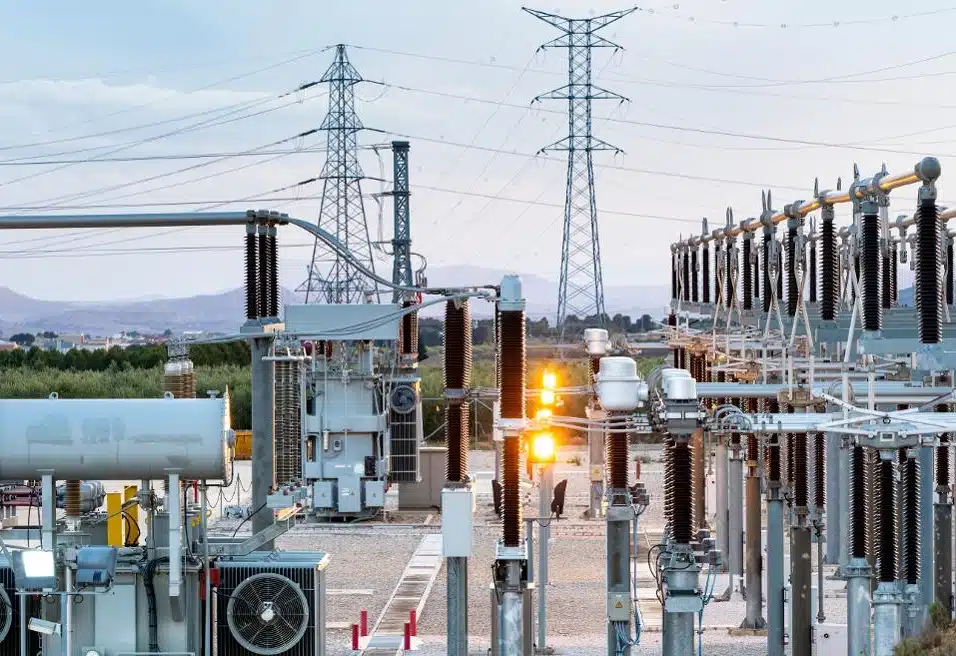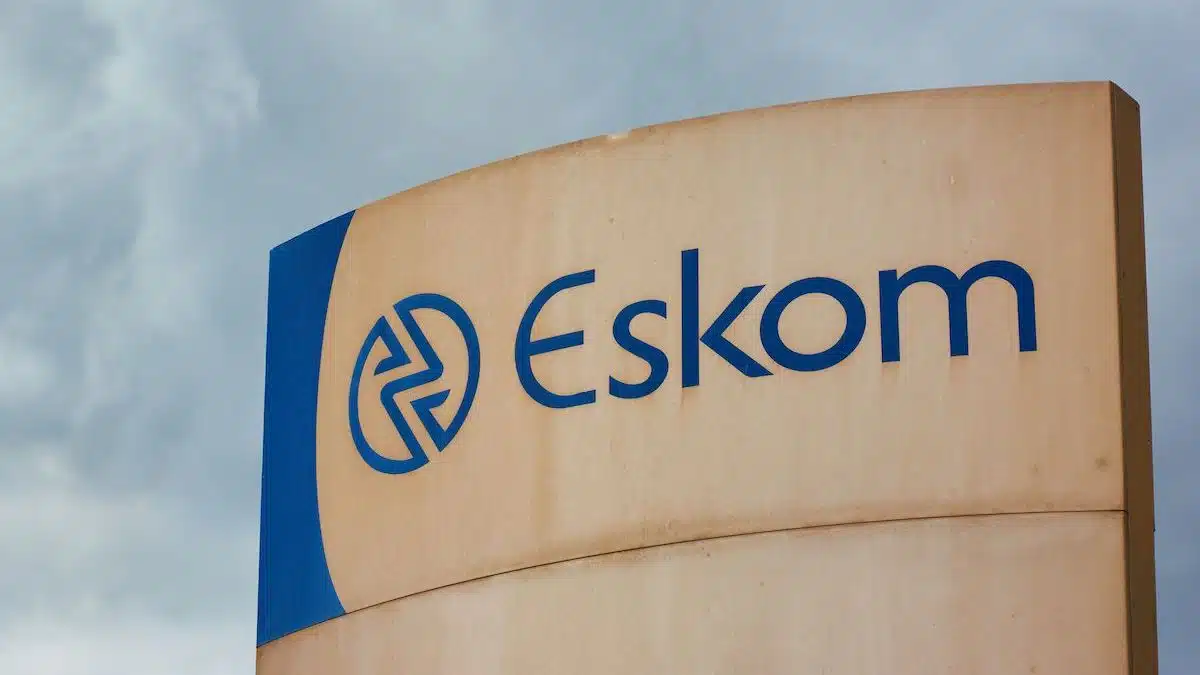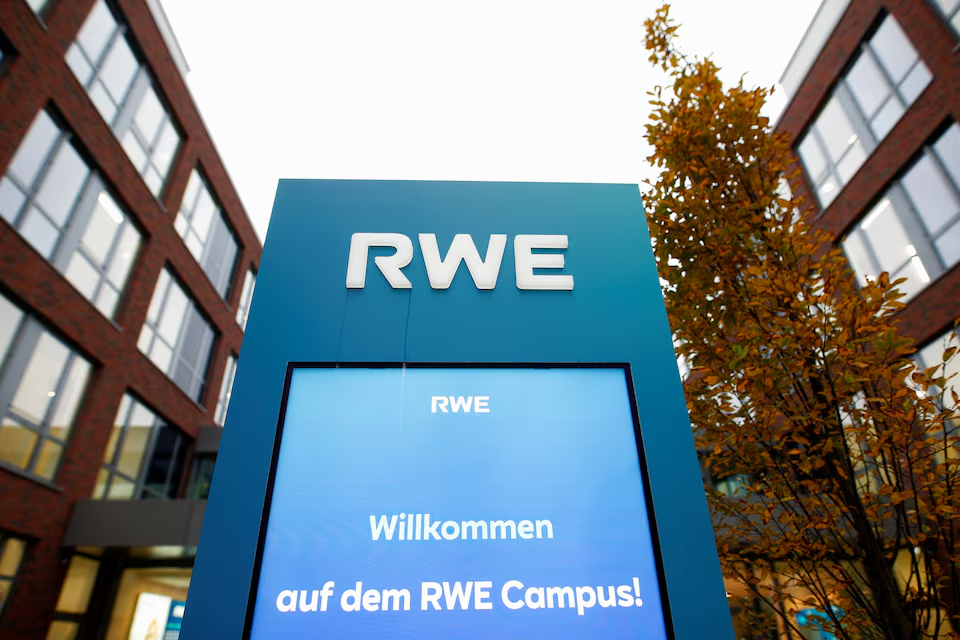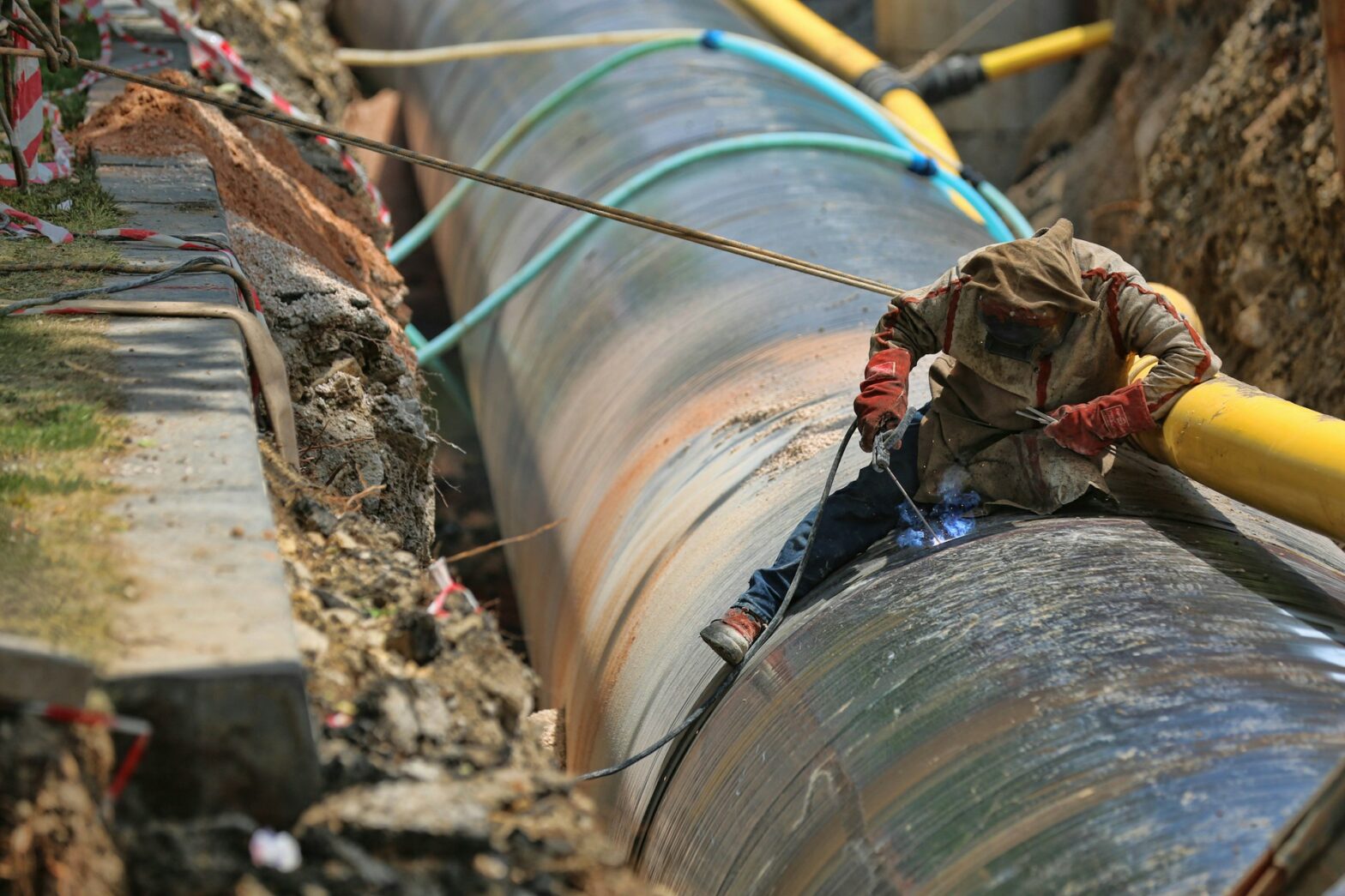The Republic of Mauritius is seeking investors to finance the development and operation of a flagship floating power plant which will aid the country address its growing electricity demand.
In an official tender issued by the state-owned Central Electricity Board (CEB), the proposed plant will run on heavy fuel oil and will have a capacity of between 90 and 110 megawatts (MW).
Public Utilities Minister, Patrick Assirvaden, told lawmakers on Tuesday that the country requires an additional 100 MW of electricity by January next year to meet rising demand.
Higher temperatures have increased the need for power. Commercial developments have also added demand, the Minister said.
The floating power plant initiative aims to diversify energy production sources, ensure greater security of supply and respond to rising energy demand.
“The contract is expected to last five years, with the barge expected to be anchored off the capital Port Louis and connected to the national grid”, Minister Assirvaden said.
The tender is open to international developers who are required to submit proposals before August, according to the tender document. It did not disclose the plant’s projected cost.
Mauritius relies heavily on imported fossil fuels that account for about 80% of its power mix.
Mauritius’ efforts to avert power cuts
Meanwhile, Mauritius has faced a sharp increase in power consumption and to avert cuts, the CEB has asked hotel groups to use backup generators, Assirvaden said to lawmakers.
Electricity generation in 2024 rose by 4.7% from 3,265.5 GWh to 3,417.6 GWh. To keep the lights on, the country boosted the use of coal by 22% year-on-year to help meet demand, official government data shows.
In March, the country introduced what it calls a time-of-use electricity tariff as part of its broader strategy to promote energy efficiency and manage demand during peak hours.
At the time, Minister Assirvaden said the move aimed at encouraging electricity consumption during off-peak hours, reducing strain on the national grid and lowering electricity costs for consumers.
The Minister had said the initiative is a success, noting that it had already delivered significant results, saving 98 MWh of electricity, 98 tons of CO2 emissions and cutting costs.

